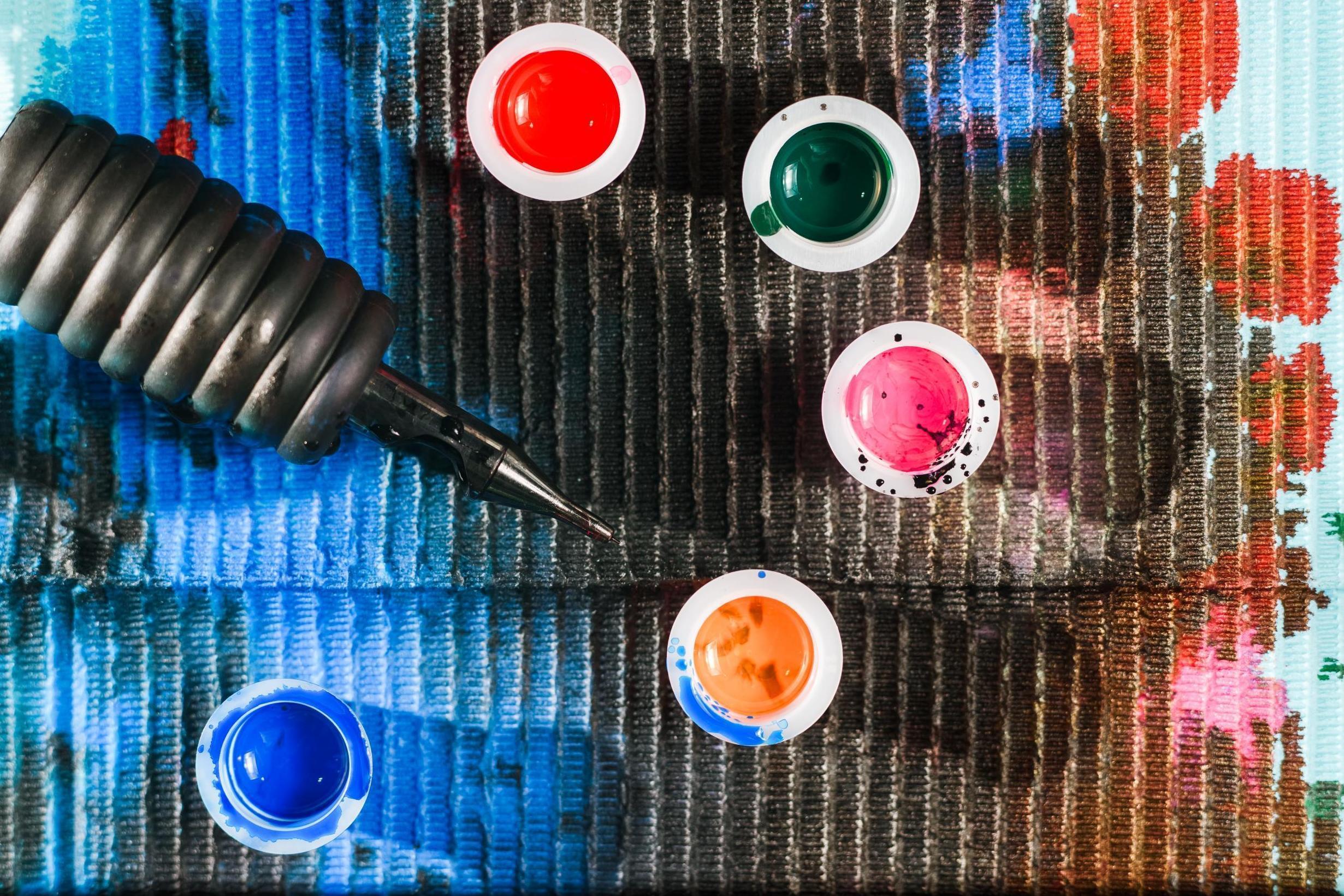Tattoo inks recalled by FDA for containing bacteria
The infections can lead to permanent scarring

Your support helps us to tell the story
From reproductive rights to climate change to Big Tech, The Independent is on the ground when the story is developing. Whether it's investigating the financials of Elon Musk's pro-Trump PAC or producing our latest documentary, 'The A Word', which shines a light on the American women fighting for reproductive rights, we know how important it is to parse out the facts from the messaging.
At such a critical moment in US history, we need reporters on the ground. Your donation allows us to keep sending journalists to speak to both sides of the story.
The Independent is trusted by Americans across the entire political spectrum. And unlike many other quality news outlets, we choose not to lock Americans out of our reporting and analysis with paywalls. We believe quality journalism should be available to everyone, paid for by those who can afford it.
Your support makes all the difference.The Food and Drug Administration (FDA) is warning tattoo artists and those considering a tattoo that it has issued a recall of six tattoo inks that are contaminated with bacteria.
In a statement Wednesday, the FDA said the tattoo inks are contaminated with micro-organisms which can cause infections and lead to serious health injuries when injected into the skin.
Signs of infections from the inks, which are created by different manufacturers, include rashes or lesions “consisting of red papules in the area” where the ink has been used.
Infections from contaminated inks can also lead to permanent scarring, according to the FDA.
During routine inspections, the FDA identified the following inks as having bacteria harmful to human health: Scalpaink SC, Scalpaink PA, and Scalpaink AL Basic Black Tattoo Inks (manufactured by Scalp Aesthetics), Dynamic Color - Black Tattoo Ink (manufactured by Dynamic Color Inc), and Solid Ink-Diablo (red) Tattoo Ink (manufactured by Color Art Inc).
According to the FDA, tattoo studios should avoid using and selling the inks listed.
Those interested in getting a tattoo are advised to ask the tattoo artist about the types of inks used before beginning the process.
The FDA, which is working to remove the contaminated inks from the market, has also warned those who have recently gotten a tattoo and experienced symptoms of an infection to consult their healthcare professional and inform their tattoo artist.
According to Healthline, most tattoo infections are easily treated with antibiotics, however, some infections may require longer or more invasive treatments such as draining.
Join our commenting forum
Join thought-provoking conversations, follow other Independent readers and see their replies
Comments